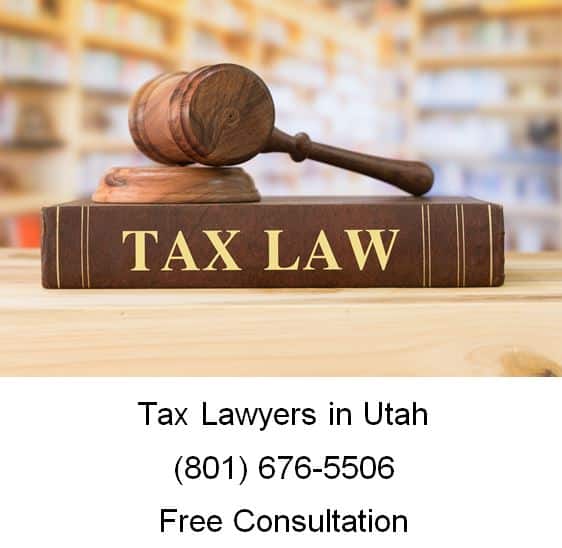
According to the Internal Revenue Manual, it is not criminal or fraudulent to reduce, avoid, or minimize personal income taxes by legitimate means. In other words, avoidance is acceptable, but evasion is not. However, with all of the rules and exceptions at play in the federal tax code, knowing the difference between the two isn’t always easy.
You need to understand what activities cross the line and will get you on the receiving end of an audit, or worse. You’ll also learn how to avoid behaviors the Internal Revenue Service (IRS) considers criminal or fraudulent.
When you avoid taxes, you do not conceal, misrepresent, or make things appear as they aren’t. Making a mistake is not criminal either. It all boils down to whether you intentionally do something fraudulent. If the IRS determines that your behavior was intentional and criminal, you may find yourself paying a fine or, in the worse case, spending time in jail.
The penalty enacted will ultimately depend on the statute violated. For example, a person charged with willfully evading their taxes could face up to five years in prison, a fine of up to $250,000 ($500,000 for corporations), or both. However, a person charged with willfully failing to maintain their records or file a return could face up to one year in prison and a fine of up to $100,000 ($200,000 for corporations).
Although the following list is not all-inclusive, it gives a number of common examples of taxpayer behavior that the IRS considers intentionally fraudulent or criminal – Deliberately under reporting income; Taking payments in cash and failing to deposit them in order to avoid tax consequences; Inflating the value of business expenses; Creating false business expenses for tax purposes; Using a false social security number; Keeping two sets of financial records for your business; Claiming an exemption for a spouse when you are single; Claiming an exemption for a dependent whom you never supported; Destroying your books to conceal tax evasion; Creating false checks or receipts to support deductions that don’t exist or denying that deposits in your accounts are income when they are; Concealing financial accounts from the IRS; Transferring assets to conceal them from the IRS; Reporting personal expenses as business expenses; Claiming more charitable deductions than were made; Failing to file returns even if you make a substantial amount of income; Making false statements to the IRS under oath; Failing to file returns despite having been contacted in prior years by the IRS for failing to file. Essentially, you want to be completely honest and forthright about your income and taxes.
Sometimes there’s a fine line between avoidance and evasion. This is especially true considering the constantly evolving nature of tax law where a tax strategy may be allowed one year, but not the next. Having an experienced tax attorney by your side can help you find a resolution and better plan for future tax years.
IRS Crimes Lawyer Free Consultation
When you need legal help with an IRS Crime, please call Ascent Law for your free consultation (801) 676-5506. We want to help you.
8833 S. Redwood Road, Suite C
West Jordan, Utah
84088 United States
Telephone: (801) 676-5506
Recent Posts
Regulations When Offering an Unpaid Internship
Do You Have To Sell Your Home In Divorce?

